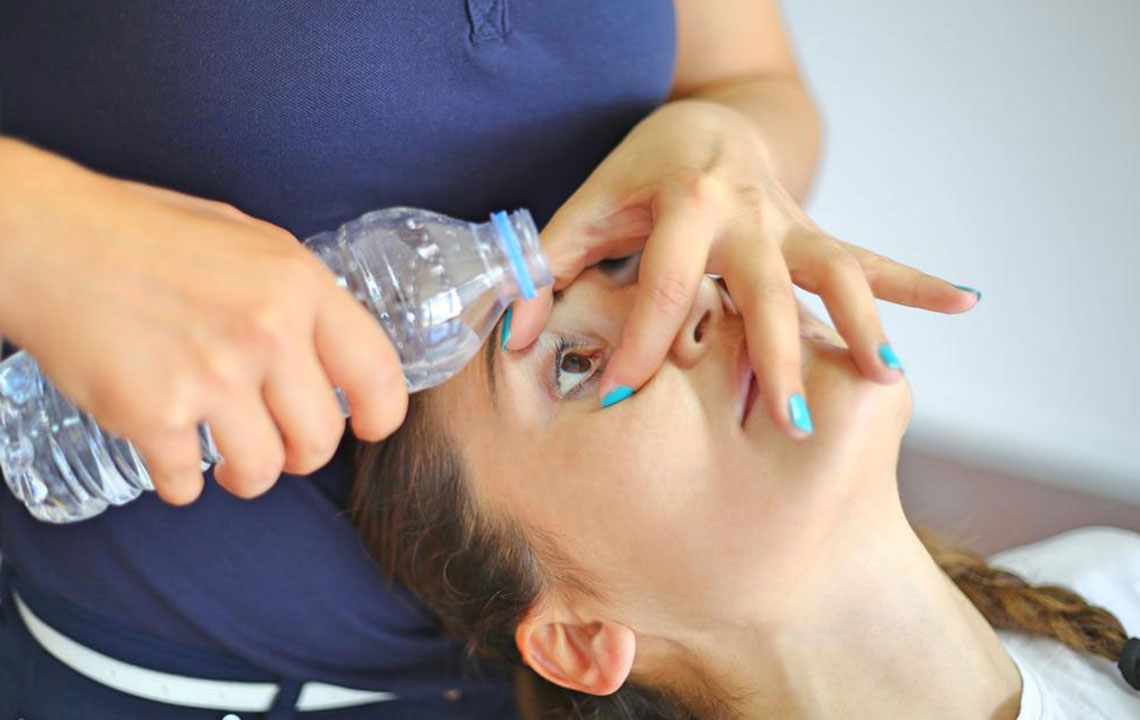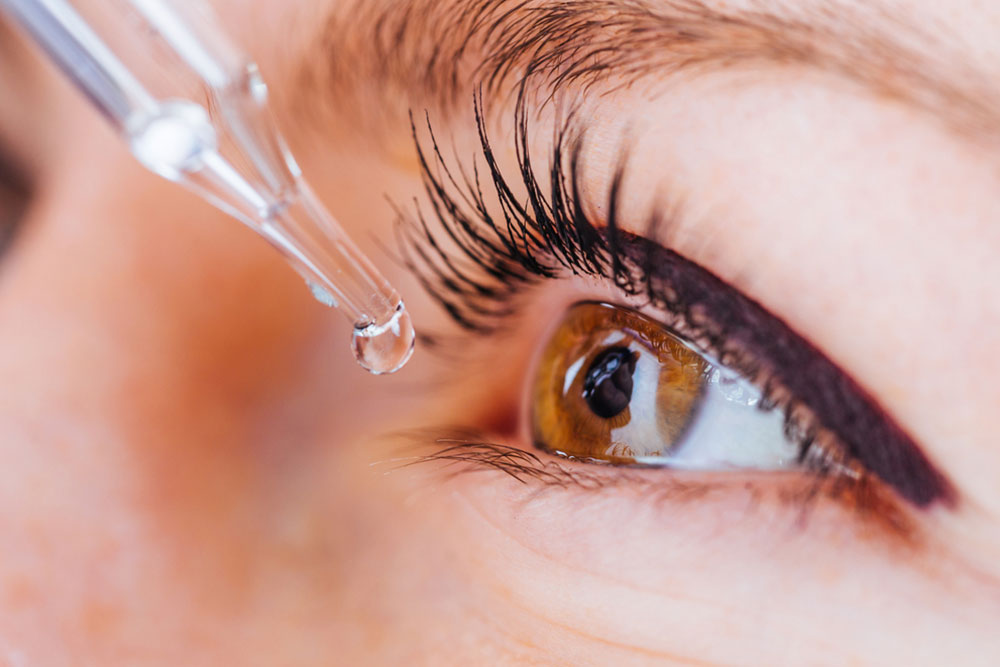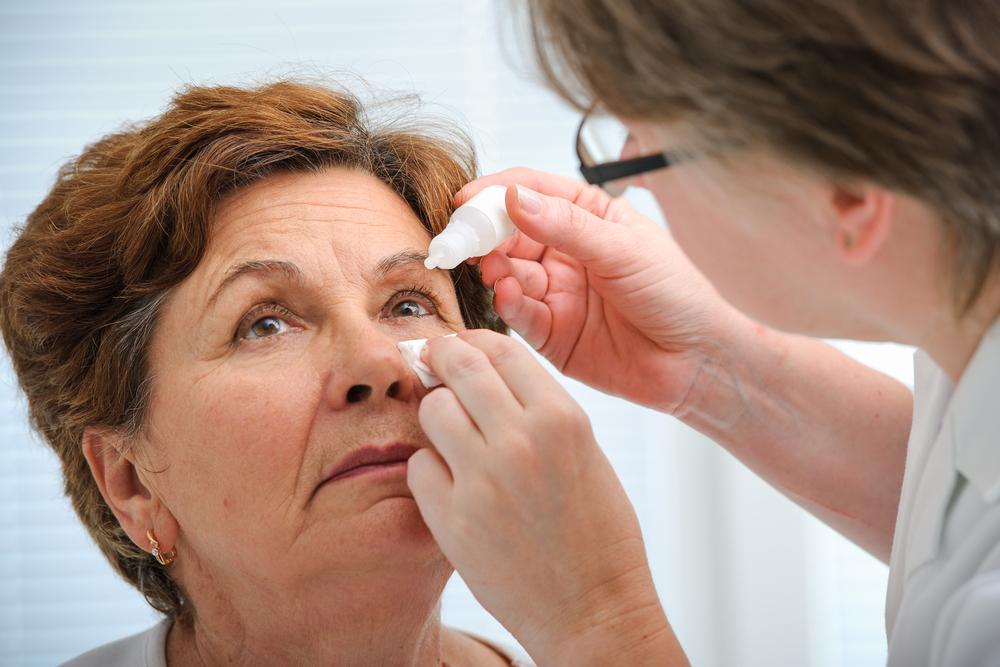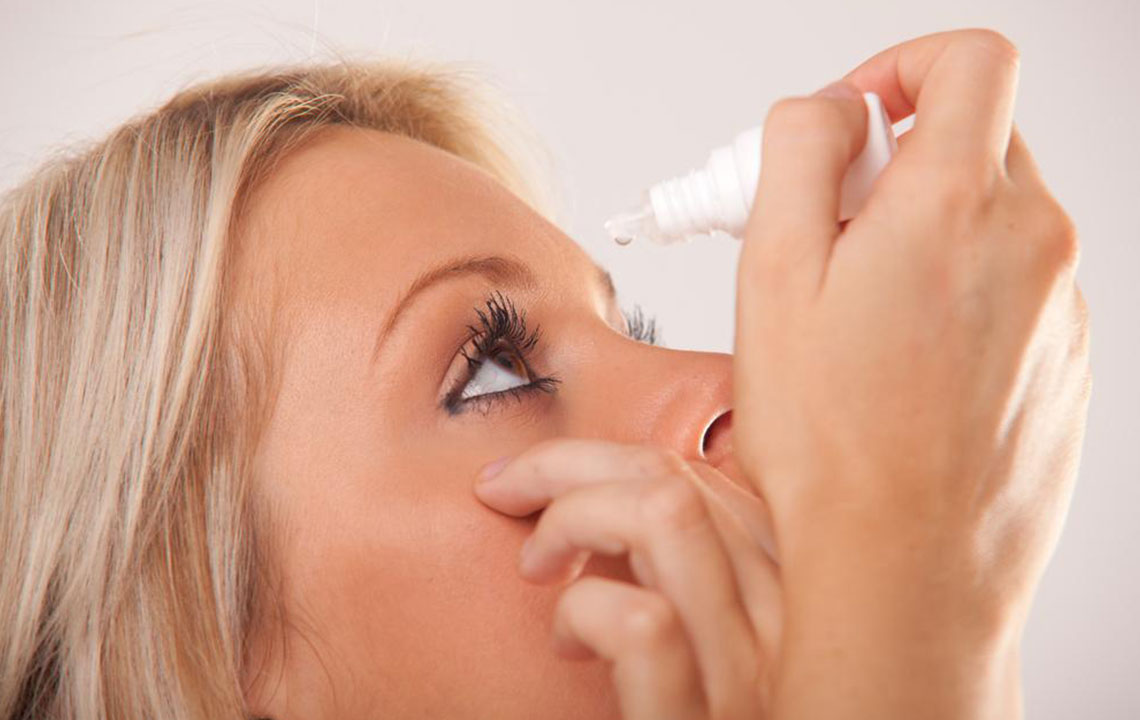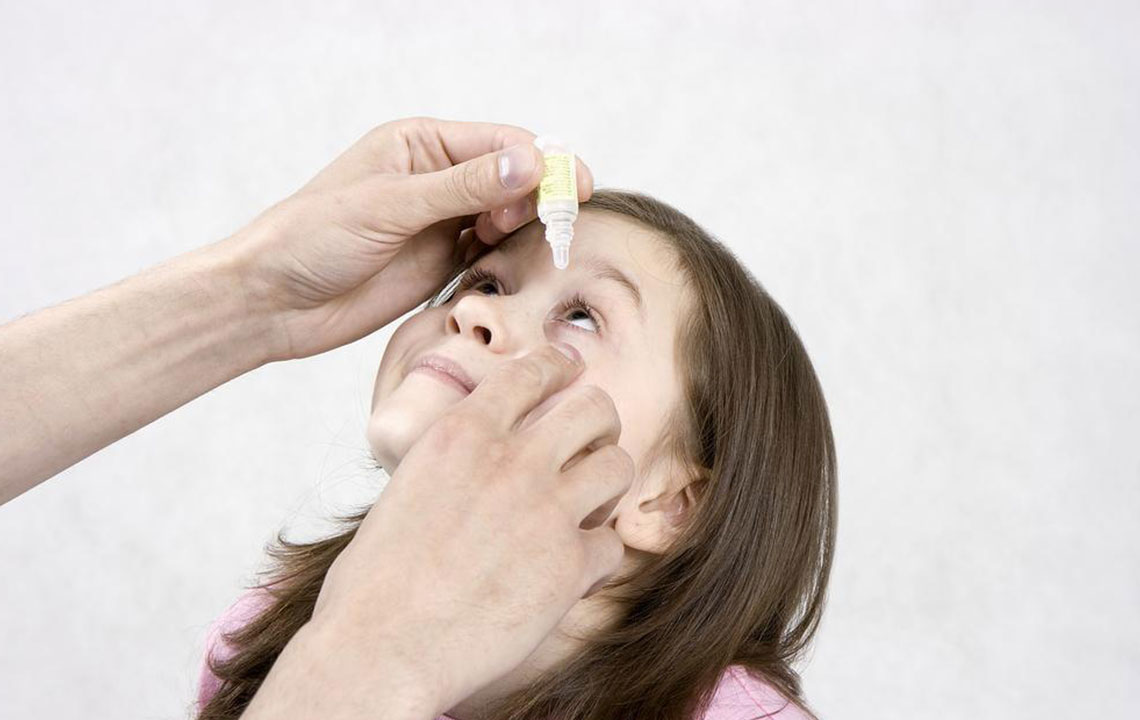Effective Solutions for Persistent Dry and Itchy Eyes
Learn effective strategies for managing persistent dry and itchy eyes. From artificial tears to warm compresses and natural remedies like coconut oil, discover safe, proven methods to relieve discomfort and support eye health. Always seek professional advice for severe symptoms or persistent issues to ensure proper care.

Effective Solutions for Persistent Dry and Itchy Eyes
Dry eyes occur when the tear production is insufficient, leading to dryness and discomfort on the eye surface. This condition often causes persistent itchiness and redness due to inflammation of the cornea, resulting in episodes of irritation and frustration. Managing chronic dry eye symptoms is essential for relief and comfort.
Here are some proven treatments to alleviate dry and itchy eyes:
Artificial tear solutions: Suitable for mild to moderate dryness, artificial tears provide lubrication and moisture, helping to ease discomfort. Using them multiple times daily, as recommended by a healthcare provider, can significantly improve symptoms. Some formulations are gel-based, offering longer-lasting relief without blurring vision or causing burning sensations.
Steroid eye medications: For severe dryness with inflammation, steroid eye drops may be prescribed. These are effective in reducing swelling but require careful use under medical supervision to prevent increased eye pressure.
Warm compresses: Applying a warm, damp cloth to the eyes boosts blood flow and encourages tear production. Maintain the temperature around 108°F to ensure safety and comfort.
Coconut oil: Known for its anti-inflammatory qualities, coconut oil helps soothe the eyes and retains moisture, preventing tear evaporation and decreasing swelling.
Applying these remedies can help manage chronic dry eye discomfort, providing much-needed relief and improved eye health.
Disclaimer:
This article aims to provide informational content regarding symptoms and treatments. It should not replace professional medical advice. Always consult a qualified healthcare provider for diagnosis and personalized treatment options.


